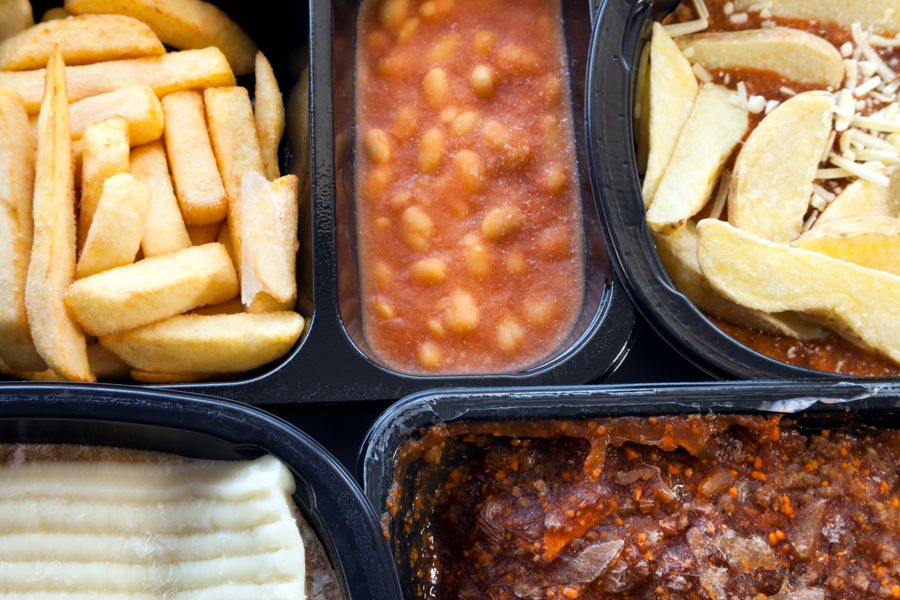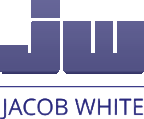Increasing the Versatility of Packaging Frozen Foods

Since the 1920s, people have been enjoying frozen meals, when Clarence Birdseye pioneered the first fast-freezing methods, and the industry has never looked back. In 2020, it was valued at $43.5 million USD and studies indicate that the sector is likely to reach $56.2 million (CAGR 5.18%) by the final quarter of 2026.
With significant growth predictions, changing consumer eating and shopping habits and increases in mandatory health guidelines, there has never been a better time to increase versatility and scalability on the ground.
What’s driving the rise in demand?
Increases in demand across the frozen foods sector have been driven in part by changing consumer habits. While many people bought more frozen food during widespread lockdowns, this drove demand for a wider choice of offerings, which in turn has led to an explosion of competitive frozen food and a wave of opportunity for the sector.
This growth is only set to continue as the demand accelerates for better convenience foods to save time on cooking and better packaging to reduce waste.
Meeting demand under pressure
The pressures of operations have also been steadily growing over the past few years. Mandatory regulations for health and hygiene, especially in the food preparation industry, are constantly updated and during the pandemic, there have been periods for many producers where staffing has been thin on the ground.
This is why many manufacturers in the frozen food industry are choosing semi-automatic and fully automated packaging lines to increase versatility and reduce manual processes with a more hands-off approach. Because the reliance on manual packaging is reduced, businesses gain flexibility in terms of production – for instance, additional or extended shift patterns can support the workforce and help meet demand with higher productivity.
Increasing versatility to help future proof operations
With additional opportunities for diversity, frozen food producers have been looking ahead to the future and understanding that automation can bring wider benefits. A broader choice of foods requires a more flexible process for the packaging line, where multiple products can be handled without periods of downtime while parts are changed.
Some of the most innovative packaging machines for frozen foods have been developed to actively reduce downtime, maintenance and training. These use digital interfaces, offering speed and size control within minutes and significantly increasing the efficiency of the entire packaging line.
Once this can be achieved, the possibilities are immediately broadened, giving producers the capability of being versatile and exploring new products, introducing short production runs and making launch testing a much simpler process in terms of planning.
Across the food packaging industry, businesses of all sizes have seen the effects of delays on the supply chain, surges in demand and severe reductions in staffing numbers on the ground. This has given rise to a general consensus for future-proofing wherever possible. Scalability, versatility and flexibility are core values that are needed – and automation is providing the tools for future-proofing.
Case Study: French Frozen Foods Producer Increases Versatility
A frozen food producer located in the north of France came to Jacob White for a semi-automatic packaging line for each of their two factory locations. After visiting the site and ascertaining their exact needs, we built and provided two NS-X 3.1 packaging machines. Read the full case study here.
Can we help you?
Jacob White has been providing high-quality packaging machines for more than 100 years. We work closely with our clients to provide a unique approach and ensure you find the right solutions for your needs. Talk to us.

